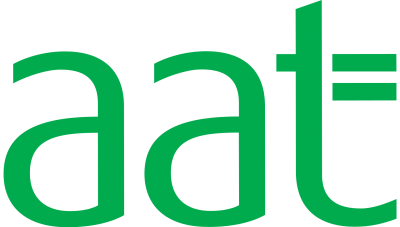Here’s how accountants can restore public confidence in business
A white paper from AAT recommends stronger protections for whistle-blowers and an increased uptake of technology to help clients avoid late payments
A white paper from AAT recommends stronger protections for whistle-blowers and an increased uptake of technology to help clients avoid late payments

The AAT has released a white paper looking at how accountants can restore public confidence in business and contribute to creating a more responsible business culture.
Recommendations include creating stronger protections for whistle-blowing accountants who see impropriety in their organisations. Another important point is the need to increase use of technology to help businesses avoid late payments, which is a particular problem for many UK businesses.
The recommendation for better protection for whistle-blowers comes in the light of the Patisserie Valerie scandal. The AAT said that accountants might have spoken out sooner if they had seen wrong doing and were confident that whistle-blowing protections were stronger.
Technology which creates invoices automatically and sends automated reminders can help speed up payments. The AAT white paper recommends that accountants take advantage of these types of technology and automation where possible.
Another recommendation it made was that young accounting professionals should be taught about being responsible in business at the beginning of their careers. This could help create the next generation of leaders with the right qualities and training.
The white paper was created after a roundtable event at AAT’s offices. Representatives from organisations including Federation for Small Businesses, Organisation for Responsible Business, and Work for Good put forward their thoughts on how more of a responsible culture can be brought into business. This was in the wake of suggestions that confidence in UK business has fallen by 9% in the past year.
Adam Williamson, AAT Head of Professional Standards said: “AAT has committed to being a more responsible business, and through our actions such as gaining accreditation from the Living Wage Foundation, signing up to the Women in Finance Charter and the Prompt Payment Code, and becoming a member of Accounting for Sustainability we hope to lead by example. We aim to inspire our members and students to do the same as finance professionals with their organisations and clients, and this white paper gives them some guidance of how to do that.”
Other recommendations outlined in the white paper are: